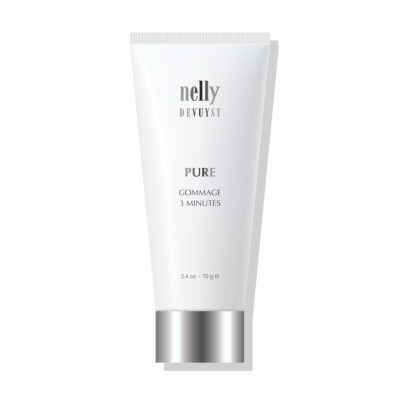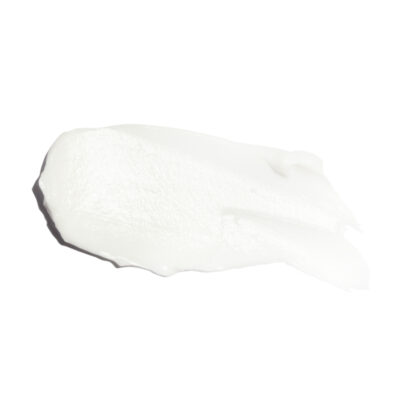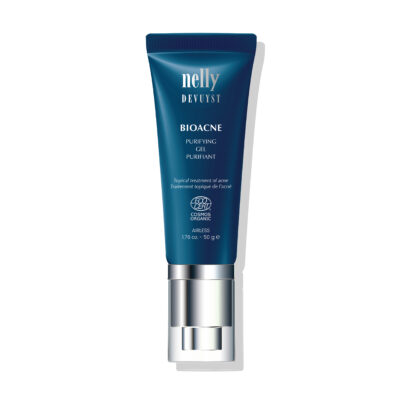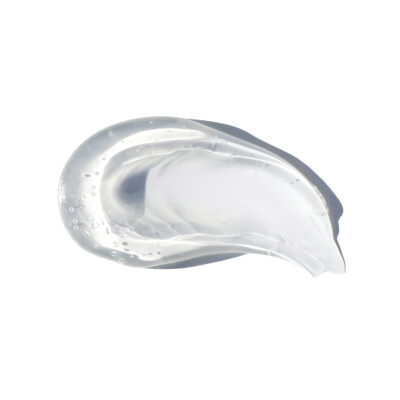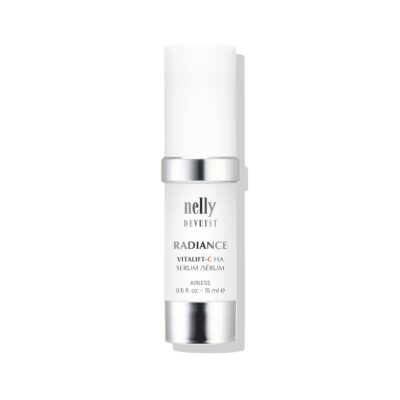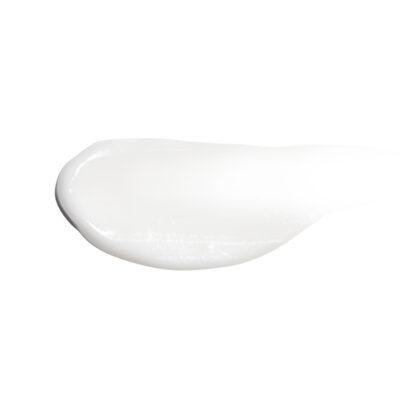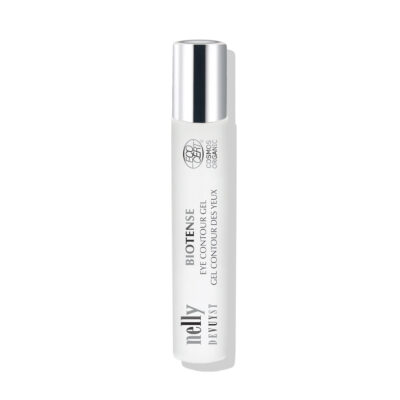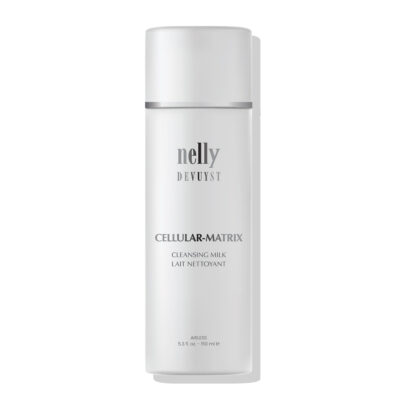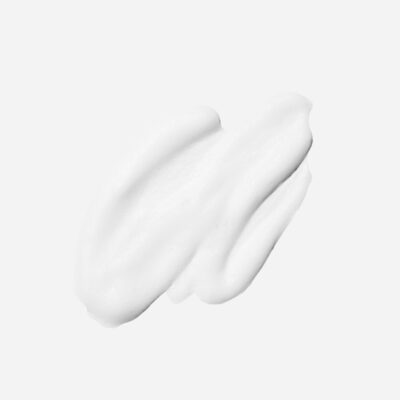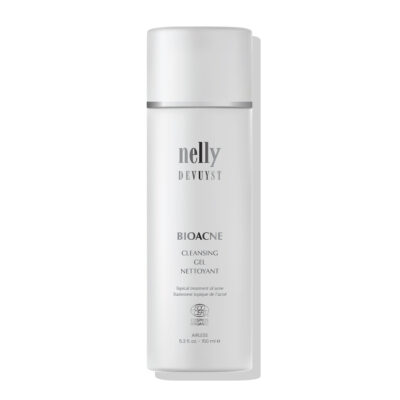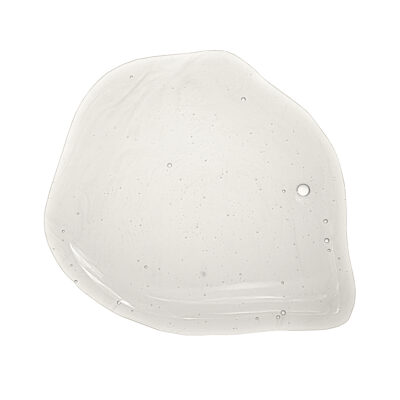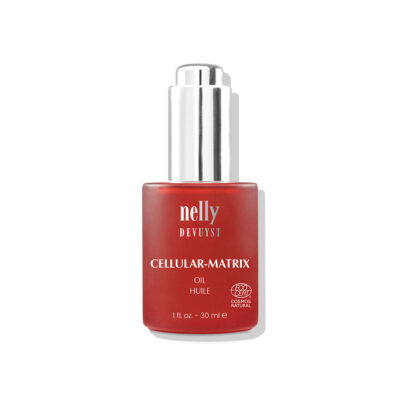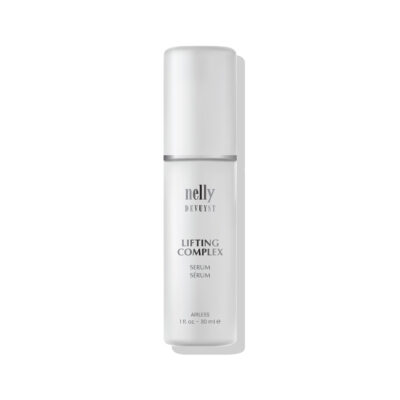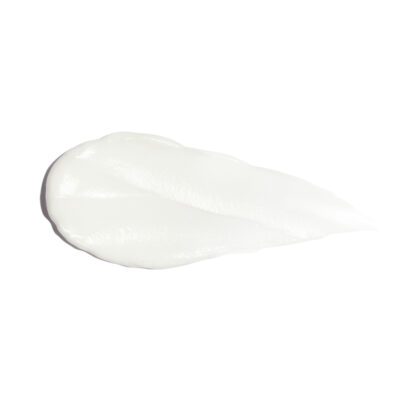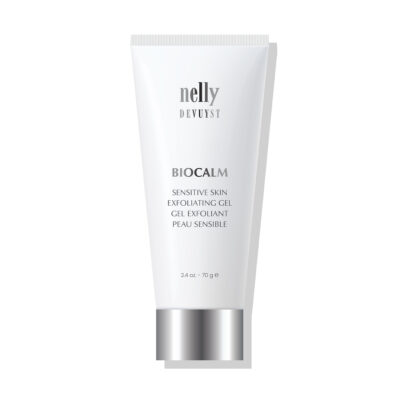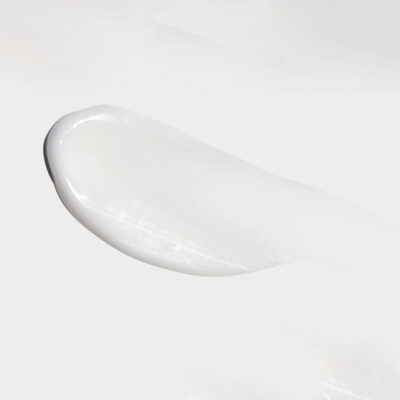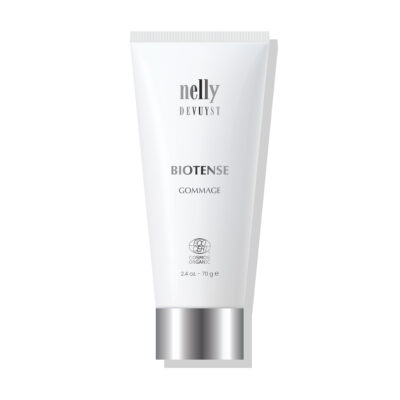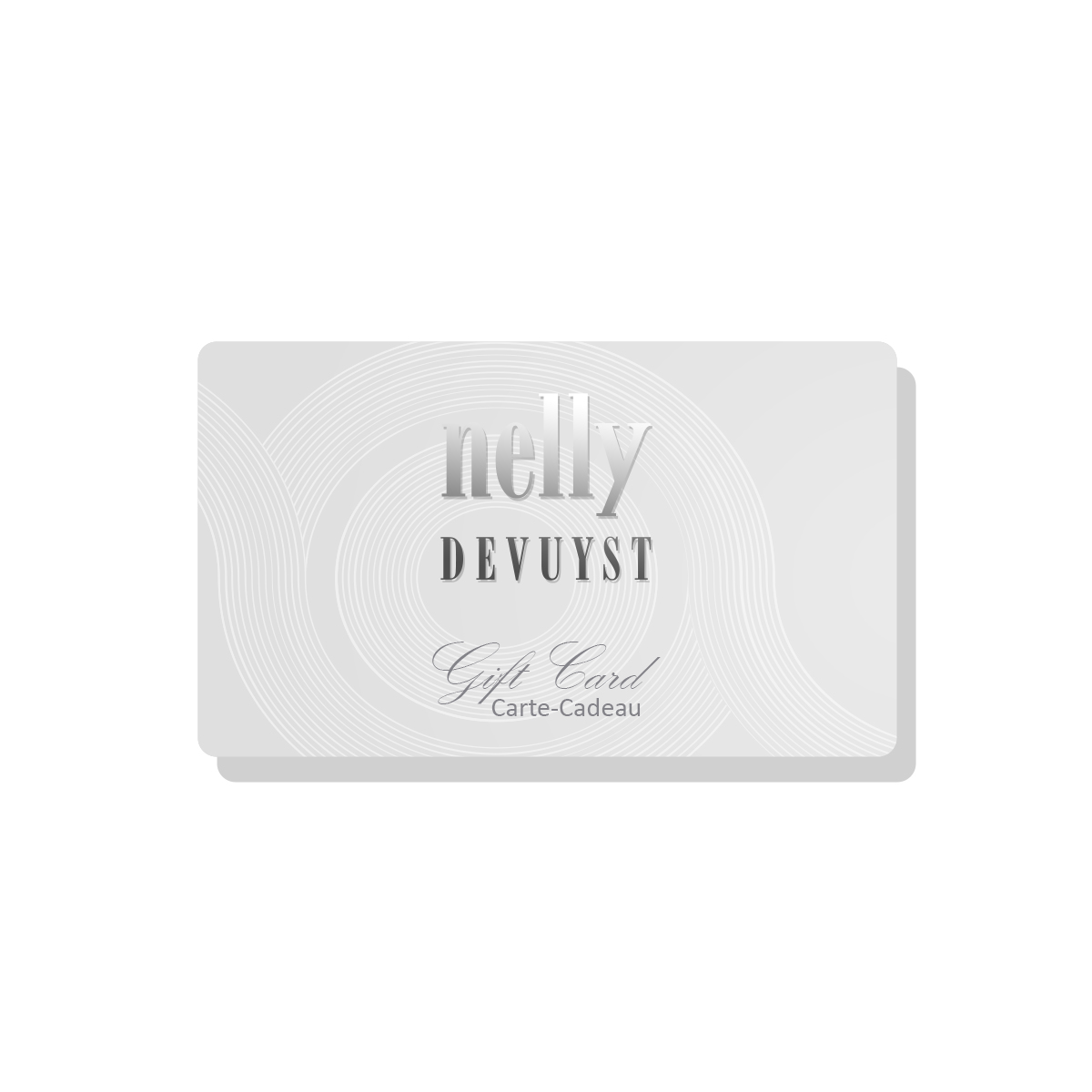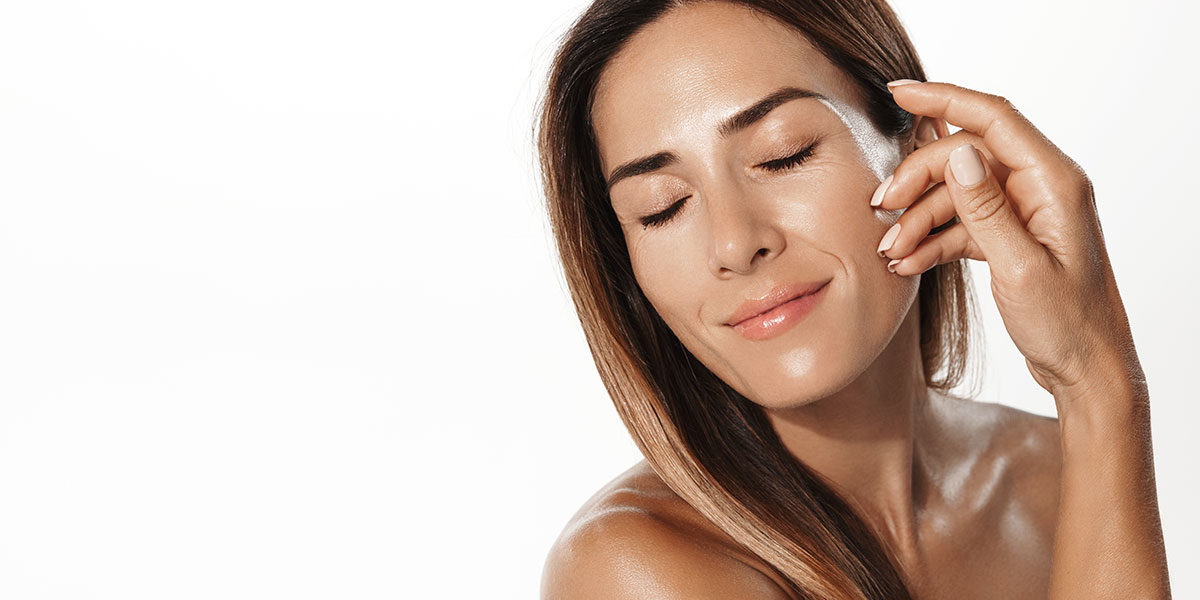What is Collagen & Why Is It Essential for Healthy Skin?
When we think of anti-aging skincare, collagen is one of the active ingredients that first springs to mind. But how much do we really know about collagen, its mechanism of action, and its benefits? Is it really the miracle ingredient? Already present in the body, is it necessary in our creams? In the following lines, we are going to break down all the information to find more about collagen
Introducing Collagen
Collagen is a structural protein found mainly in the human body. It’s a fibrous protein made up of three polypeptide chains rotating around each other, forming a triple helix structure. Thanks to this configuration, the collagen molecule is stable and strong. There are 28 types of collagen, the first of which accounts for 90% of the body’s total collagen. The main types are:
- Type I collagen, the most abundant in humans, is found in the dermis, bones, tendons and ligaments.
- Type II collagen, found in cartilage.
- Type III collagen, which enables the development of connective tissue and the formation of the cellular matrix.
Collagen provides tissues with mechanical resistance to stretching. In other words, for the skin, this component gives it hold, smoothness and firmness. Collagen is also an essential protein for wound healing.
After the age of 25, collagen production begins to decline, a phenomenon influenced by genetics and lifestyle. Factors such as sun exposure, alcohol consumption, smoking, unbalanced diet and stress generate reactive oxygen species (ROS) that damage collagen fibers, accelerating this natural decline. This process leads to premature degradation of this essential protein, resulting in accelerated skin ageing and loss of elasticity and firmness.
With age, cell renewal is slower, so proteins like collagen have a longer lifespan and are more at risk of glycation. Glycation is a natural, non-enzymatic phenomenon that occurs when sugar molecules (such as glucose or fructose) bind to proteins such as collagen and elastin. This process forms compounds called Advanced Glycation Endproducts (AGEs), which render these proteins rigid and dysfunctional. By becoming rigid and less flexible, collagen and elastin lose their ability to maintain skin firmness and elasticity. This rigidification leads to visible signs of aging, such as wrinkles, drier skin, sagging skin and a reduction in the skin’s ability to regenerate itself. Glycation is a natural phenomenon that can, however, be intensified by environmental factors and an unhealthy lifestyle, such as smoking, prolonged exposure to UV rays, or excessive alcohol consumption.
Its mode of action and benefits
By including a collagen active ingredient in your skincare routine (serum, cream, gel and mask), with good-quality collagen of the right molecular weight, it will help compensate for collagen decline. This active ingredient will also stimulate the natural production of collagen and limit its destruction.
Combating dehydration
The low-molecular-weight collagen active ingredient in skin care has the ability to attract and retain water in skin tissue, keeping skin well hydrated. In addition, collagen has the ability increase adhesion between cells in the epidermis, enabling good epidermal structure and the formation of an effective skin barrier. Strictly speaking, collagen does not moisturize, but it does form a thin film on the surface of the epidermis, limiting insensible water loss and thus dehydration.
Healing aid
Another advantage of collagen actives, whatever their form, is that they are essential for regulating wound healing. It acts on the various stages of healing: hemostasis, the inflammatory phase, the proliferative phase and then skin remodeling. During hemostasis, it helps to form blood clots by activating platelets and stabilizing the wound. During the inflammatory phase, type III collagen begins to be produced to form a provisional matrix, supporting the macrophages and fibroblasts needed for repair. During the proliferative phase, this matrix supports the migration of keratinocytes and the formation of new blood vessels, facilitating regeneration. Finally, during skin remodeling, type III collagen is progressively replaced by more resistant type I collagen, which strengthens scar tissue, improving its structure and restoring skin integrity.
Protects skin against the signs of aging
Collagen is one of the skin proteins that bind cellular tissues together, making them supple and resistant to stretching. In all its forms, collagen provides support to the skin. But depending on its molecular weight, it acts at different levels. By applying collagen topically to the skin, this active ingredient helps to maintain its functions on the skin, thus limiting the appearance of wrinkles, and preserving the skin’s elasticity and tone thanks to a slight tightening effect. Collagen can therefore be considered an anti-aging active ingredient, and is all the more effective at lower molecular weights.
Protects skin from external aggression
Collagen’s antioxidant properties act as a barrier to external aggression. It is able to fight free radicals, reducing damage such as wrinkles, fine lines and hyperpigmentation
Which collagen to choose?
There are different INCIs for collagen: Collagen, Soluble Collagen and Hydrolyzed Collagen. Which one should you choose? Which is the most effective?
Collagen (INCI: Collagen), also known as native collagen, is in its natural form, i.e. with a high molecular weight of around 300 kDa. This type of collagen is not optimal for cosmetic products, as its molecular weight prevents it from passing the epidermal barrier and therefore from being properly assimilated by the skin.
Soluble collagen (INCI: Soluble Collagen) is a native or unmodified collagen derivative with very high solubility. It is easier to incorporate into cosmetic formulations and is therefore generally present at a higher percentage than the natural form. It is interesting for helping to retain moisture in the skin and therefore helps to prevent dehydration.
Hydrolyzed collagen, also known as collagen peptide (INCI: Hydrolyzed Collagen), is a very interesting form of collagen. The collagen molecule is hydrolyzed, i.e. broken down into peptides composed of amino acids. Its molecular weight is consequently lower, between 2,000 and 6,000 Da, enabling the molecule to pass through the epidermis, thus improving collagen’s bioavailability. This active ingredient is used to combat dehydration, but thanks to its bioavailability, it also helps reduce the appearance of fine lines and wrinkles. Hydrolyzed collagen is therefore an excellent anti-aging active ingredient.
Which ingredients can boost collagen?
Collagen already present in the skin can also be boosted. Here are a few effective examples that we use in our laboratories:
- Vitamin C, a leading antioxidant in cosmetics, also helps boost collagen synthesis. By fighting free radicals, vitamin C limits the chemical alterations these species cause to DNA, cell membranes and cellular proteins such as collagen. Vitamin C therefore helps protect the collagen present in the skin. What’s more, vitamin C acts as a cofactor for the enzymes responsible for stabilizing and cross-linking collagen molecules. Vitamin C therefore stimulates and protects collagen proteins. In our laboratories, we have a COSMOS-certified stabilized hydrophilic form (INCI: Ascorbyl Glucoside) and a lipophilic form (INCI: Tetrahexyldecyl Ascorbate) to meet every need.
- Tocopherol, a form of vitamin E, is a powerful antioxidant that protects cell membranes. By protecting the skin from free-radical damage, tocopherol helps reduce the production of collagenase, an enzyme that breaks down collagen. In this way, it helps maintain the integrity of the skin’s extracellular matrix, reducing collagen degradation. In addition, vitamin E helps to reduce skin roughness and wrinkle depth, improving overall skin appearance.
- Centella Asiatica exosomes act directly on fibroblasts, increasing their number and activity. It thus promotes increased collagen production and skin repair.
- The synergy between plant extracts such as Kigelia africana, Quillaja saponaria and Acmella oleracea offers comprehensive action to stimulate collagen production, firm skin and reduce expression lines. These extracts work in complementary ways: they increase fibroblast activity, improve skin elasticity, and protect existing collagen fibers. By combining lifting, relaxing and anti-aging effects, this synergy helps strengthen skin structure, smooth wrinkles and restore a firmer, younger-looking appearance.
- Finally, licorice and green tea extracts, for example, with their antioxidant and anti-inflammatory properties, prevent collagen degradation.
Nelly De Vuyst anti-aging collagen care: the secret of younger-looking skin
Collagen is at the heart of Nelly De Vuyst’s anti-aging formulas. In our laboratories, we use high-quality marine collagen actives, in particular hydrolyzed collagen with a low molecular weight. This low molecular weight ensures optimal absorption by the skin, guaranteeing visible, long-lasting results.
Why choose marine collagen?
In the Nelly De Vuyst anti-aging range, we have chosen marine collagen, a safer, more natural alternative to collagen of bovine or porcine origin. Our Collagen range at Nelly De Vuyst is sustainably sourced and eco-responsibly harvested, marine collagen is extracted from the skin and scales of deep-sea haddock fish. Kosher and environmentally friendly, this collagen reflects our values of ethics and sustainability.
A high-performance, biocompatible active ingredient
Our marine hydrolyzed collagen (peptides) is rich in amino acids, giving it a structure similar to human collagen. Thanks to an advanced enzymatic process, it is produced with minimal odor and excellent compatibility with skin and hair. Biocompatible, it acts deep down to moisturize, firm and strengthen the skin barrier.
Clinically proven results
Clinical studies on our hydrolyzed collagen show impressive results in just 14 days:
- Reinforced skin barrier: insensible water loss is reduced by 33.3%, protecting the skin from external aggression.
- Improved elasticity: Skin is 22% more elastic than with a placebo.
- Increased resilience: skin recovery after stretching improves by 31.8%, making skin firmer and more resilient.
- Deep hydration: skin’s viscoelasticity increases by 16.2%, for a smoother, more radiant complexion.
- Visible firmness: Skin stretches 5.3% less than with a placebo, demonstrating improved firmness.
To maximize the benefits of collagen, Nelly De Vuyst combines hydrolyzed collagen peptide with plant exosomes, plant extracts of Acmella oleracea, Kigelia africana and Quillaja saponaria, and vitamin C to provide antioxidant protection and an immediate tightening effect, as well as enhancing skin firmness over the long term.
The Collagen Nelly De Vuyst routine
Combined with plant exosomes from Centella Asiatica, Nelly De Vuyst’s Collagen Intense Gel formula, used twice a day, boosts skin’s firmness, elasticity and hydration, for a visibly younger, more radiant face. Add Nelly De Vuyst’s Collagen mask to your skincare routine on a weekly basis to boost the anti-aging effect and maximize the effectiveness of collagen. These treatments target the needs of mature skin, offering intense hydration, a lifting effect and renewed radiance.
What’s more, the products in the Nelly De Vuyst Professional Collagen range offer a 100% natural formula, free from silicones and other harmful chemical ingredients. Incorporating preservatives of plant origin, these products guarantee optimum safety and total respect for the skin, while offering exceptional anti-aging performance.
Thanks to its anti-aging properties, collagen is an essential active ingredient for mature skin, guaranteeing tolerance, effectiveness and visible results.


 Français
Français